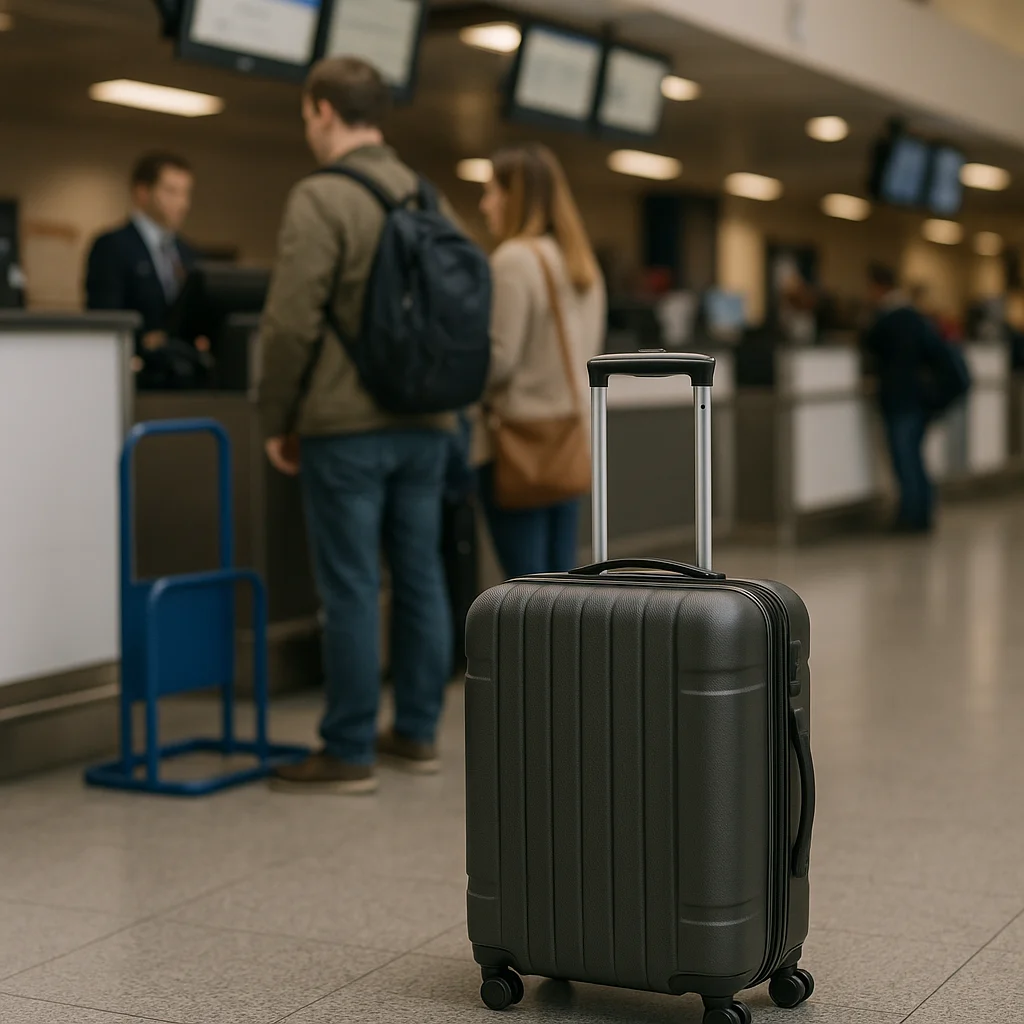What New Changes Are Coming to the Schengen Visa Application Process in 2025?
The Schengen visa application is undergoing significant updates designed to simplify entry for travelers and strengthen security protocols. Beginning in 2025, applicants will notice adjustments in application procedures, documentation requirements, and processing timelines. These changes aim to streamline border crossings while maintaining the integrity of the Schengen Area’s external borders. Understanding these updates early will help travelers prepare better for their trips and avoid any last-minute surprises.
Enhanced Digital Application System
One of the most noticeable changes is the introduction of a more advanced digital platform for submitting Schengen visa applications. This system will enable applicants to:
– Fill out forms online with saved progress features
– Upload required documents digitally rather than printing and mailing physical copies
– Track application status in real-time
– Receive notifications and interview invitations electronically
The upgraded digital process promises faster turnaround times and reduces the chances of paperwork errors.
Revised Biometric Data Collection
New guidelines will require biometric data collection from all applicants aged six and above. The updated biometric capture process is more streamlined, aiming to reduce wait times at application centers. Additionally, there will be stronger verification measures to prevent identity fraud.
Key Documentation and Fee Changes for Schengen Visa Applicants
The documentation checklist for the Schengen visa will be slightly expanded to improve clarity and consistency across consulates.
Mandatory Travel Insurance Policy Update
From 2025, the travel insurance policy must cover a minimum of €60,000 for medical expenses and repatriation, up from the previous requirement of €30,000. This increase reflects rising healthcare costs within the Schengen zone and underscores the importance of secure travel coverage.
Proof of Accommodation and Travel Plans
Applicants are now required to submit confirmed accommodation and return travel bookings rather than tentative or provisional reservations. This measure helps immigration authorities verify the purpose and duration of stay more thoroughly.
Changes in Visa Fees and Payment Methods
The visa application fee will increase by 10% across many Schengen countries starting January 2025. However, applicants will benefit from more flexible payment options, including direct bank transfers and online payments, minimizing the need for in-person visits.
Impact of the European Travel Information and Authorization System (ETIAS)
Starting late 2025, ETIAS will become mandatory for visa-exempt travelers visiting the Schengen Area. This automated authorization system enhances security by pre-screening travelers before arrival.
Who Needs to Apply for ETIAS?
Visa-exempt visitors from countries like the USA, Canada, Australia, and Japan will need to obtain ETIAS approval before entering the Schengen zone. Although ETIAS is not a visa, it functions as an additional security check.
Effect on Schengen Visa Applicants
For those requiring a Schengen visa, ETIAS will not replace the visa itself but will complement the existing system. This layered security approach ensures that all travelers are vetted either through ETIAS or the visa process, depending on their nationality.
New Processing Timelines and Interview Requirements
Processing times for Schengen visa applications are expected to improve due to the streamlined digital processes but may vary depending on the embassy or consulate.
Faster Standard Processing Times
Many Schengen countries aim to reduce the standard processing period from 15 calendar days to 10 days on average. Expedited services for urgent cases will continue with faster turnaround times, though fees may vary.
Interview Procedure Adjustments
Interview requirements will be more selectively applied, focusing primarily on first-time applicants, those with incomplete documentation, or applicants from high-risk countries. This refinement optimizes resource use and minimizes unnecessary delays.
Tips to Successfully Navigate the Schengen Visa Changes in 2025
Staying ahead of these changes can make all the difference in securing your Schengen visa smoothly.
1. Start your application early to accommodate any updated requirements or delays.
2. Use the new digital portal to submit your application and track progress efficiently.
3. Ensure your travel insurance meets the new minimum coverage of €60,000.
4. Provide confirmed bookings for accommodation and return travel to avoid rejection.
5. Prepare for potential biometric data collection and interviews if applicable.
By following these tips, travelers can avoid common pitfalls and enjoy hassle-free access to the Schengen zone.
Additional Resources and Support for Schengen Visa Applicants
Several official and third-party sources provide detailed guidance on the updated Schengen visa application process.
– European Commission official website on visa policy: https://ec.europa.eu/home-affairs/what-we-do/policies/borders-and-visas
– ETIAS application portal launch details
– Insurance providers offering compliant travel coverage for Schengen visas
For personalized assistance tailored to your specific travel plans, consulting professional visa advisors or reliable travel agents is highly recommended.
When to Seek Expert Help
If you encounter complex circumstances such as multiple country visits, prior visa refusals, or unusual travel histories, professional support can save time and reduce stress.
Ensuring all paperwork and biometric requirements are perfectly met aligns with the new standards for 2025 and improves your chances of obtaining your Schengen visa on the first attempt.
Preparing for Your Schengen Visa Journey Ahead
The changes to the Schengen visa application process reflect the EU’s commitment to balancing traveler convenience with robust security. Being informed and proactive is your best strategy in the evolving landscape.
Make sure to update your documents, familiarize yourself with the new digital tools, and understand each consulate’s specific procedures before applying.
When in doubt, don’t hesitate to reach out for expert guidance to make your application process smoother and more effective.
Travel enthusiasts, business visitors, and tourists alike can look forward to a more transparent and efficient journey in 2025 with these thoughtful reforms.
Start preparing today to secure your Schengen visa with confidence.
For further inquiries or personalized assistance, contact khmuhtadin.com to get expert advice tailored to your travel needs.




